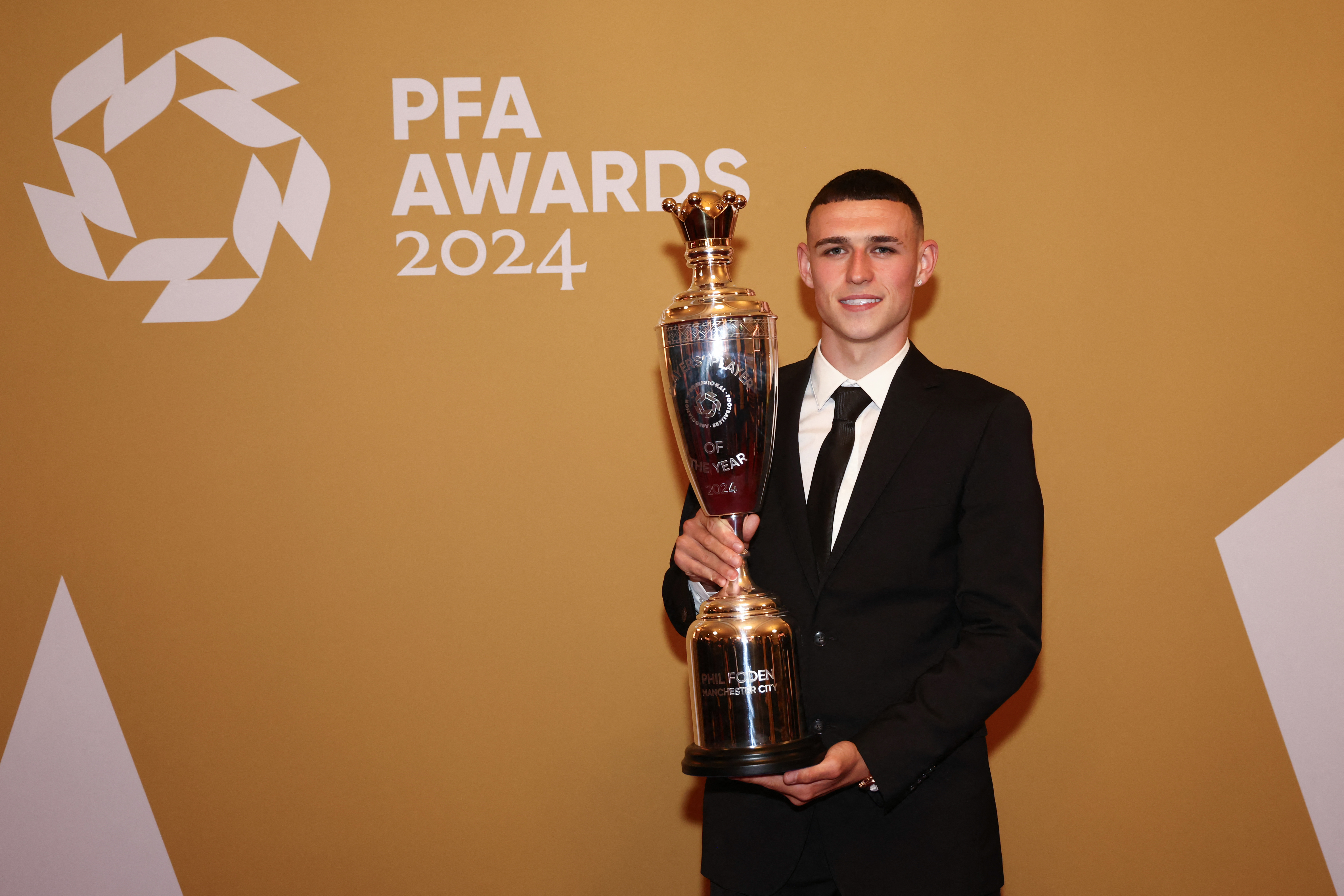Frank de Boer's sacking suggests Crystal Palace don't know where they want to be
Eagles chairman Steve Parish preached evolution upon the Dutchman's hiring in June – but just four league games into 2017/18, will soon hire his sixth manager since November 2013. Greg Lea evaluates a sorry situation
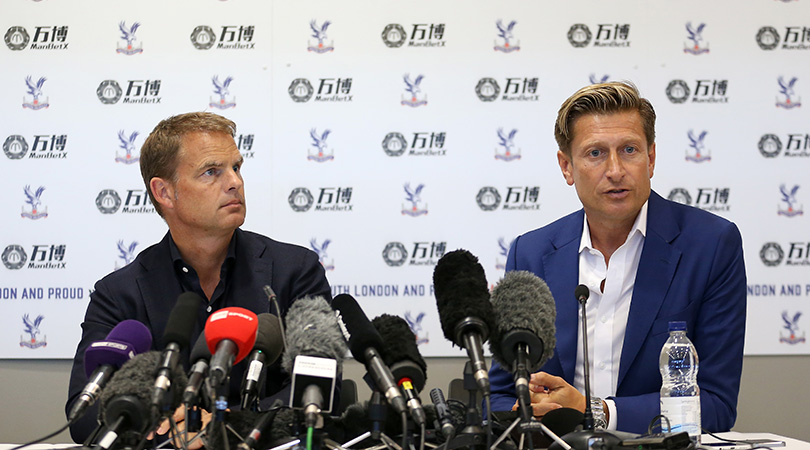
Steve Parish could hardly have been clearer.
“I talked to all the potential managers and said: ‘We need an evolution over a period of time’,” the Crystal Palace chairman declared at Frank de Boer’s unveiling in June, which marked the conclusion of a month-long process that began with a blank page and a 37-name shortlist.
I talked to all the potential managers and said: ‘We need an evolution over a period of time’
“From the start when I walked into the club, we developed a certain style of play; partly because it’s part of the DNA of the club, and frankly because it’s less expensive,” Parish continued ominously. “If you want to play on the break in the Championship, it’s less expensive than if you want a lot of technical midfielders. That stuck with us a little bit.
“I think we’ve got players who are technically better than that now but it’s also not a sustainable model. We can all point to Leicester winning the league doing it, but we all know that was a bit of an anomaly. This year when I watched Swansea and us, I thought the way Swansea played gave them a higher percentage chance of getting a result.”
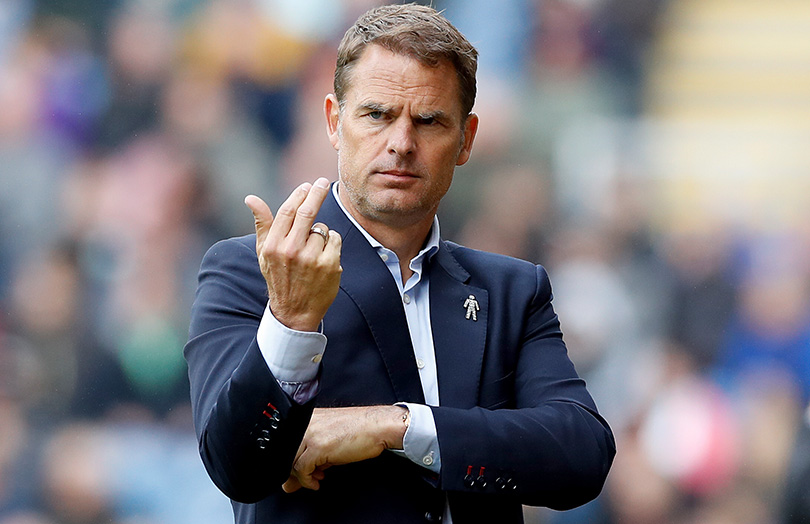
It’s hard not to revisit those statements following Palace’s decision to dismiss the Dutchman on Monday, with their grand new project just 360 Premier League minutes old.
The south Londoners have undoubtedly been poor in the early weeks of the season, becoming the first top-tier team to lose each of their first four matches without scoring a single goal since Preston in 1924/25. And yet it’s hard not to feel sorry for De Boer, who hasn’t been blameless but is nevertheless a victim as much as a culprit in this sorry tale of directionless short-termism.
Palace have become the first top-tier team to lose each of their first four matches without scoring a single goal since Preston in 1924/25
Onto the next one
Get FourFourTwo Newsletter
The best features, fun and footballing quizzes, straight to your inbox every week.
Palace have made eight managerial appointments since Parish led a takeover in 2010, but only two of those have come outside the season. Since the arrival of George Burley seven years ago, Dougie Freedman, Ian Holloway, Tony Pulis, Neil Warnock, Alan Pardew and Sam Allardyce have all taken the reins between August and January, which has understandably necessitated a focus on the here and now.
The situation with De Boer was different; Allardyce’s resignation shortly after the final game of 2016/17 may have come as a shock, but the timing of it allowed Parish and American investors David Blitzer and Josh Harris the chance to sit down and work out exactly what they wanted from their next manager.
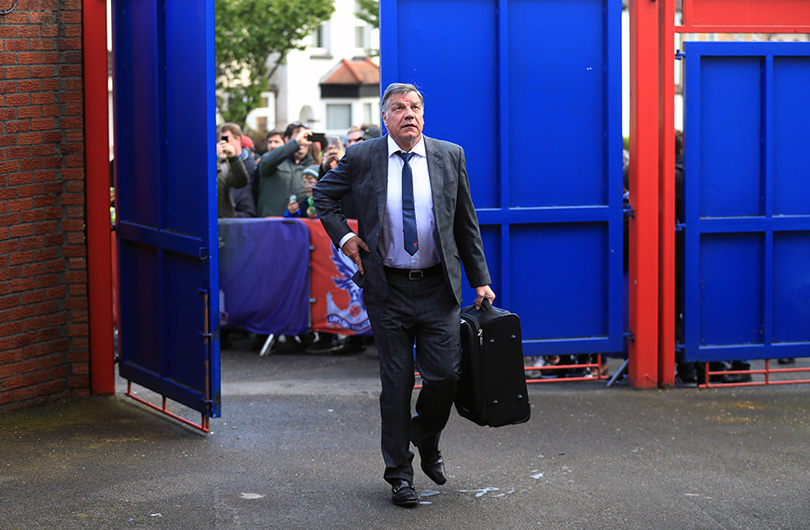
Continuity candidates such as Sean Dyche – who was reportedly receptive to the idea of swapping Turf Moor for Selhurst Park – were considered but ultimately rejected. Instead, the hierarchy opted for a significant change with the first permanent foreign coach in club history.
De Boer has been criticised in some quarters for his alleged inflexibility, but that rather misses the point: this is a manager who was hired with the explicit objective of evolving the side’s style of play.
Parish, and American investors David Blitzer and Josh Harris, had the chance to sit down and work out exactly what they wanted from their next manager
De Boer war
Granted, Palace’s passivity without the ball and the surprising use of a 3-4-3 to which several players were patently unsuited rest firmly on De Boer’s shoulders – but it’s impossible to escape the notion that he simply wasn’t given the tools or time to carry out his remit.
Palace made one permanent summer signing before deadline day, acquiring young defender Jairo Riedewald from Ajax. Ruben Loftus-Cheek and Tim Fosu-Mensah were added on loan – and both have impressed so far – but although the Mamadou Sakho saga finally reached a positive conclusion on August 31, the Frenchman’s capture was clearly a club-led operation.
Even more curious was a signing made off the pitch. The hiring of Dougie Freedman – a former Palace player and manager – as sporting director seemed to undermine De Boer further, mainly thanks to the Scot’s identity rather than the role itself.
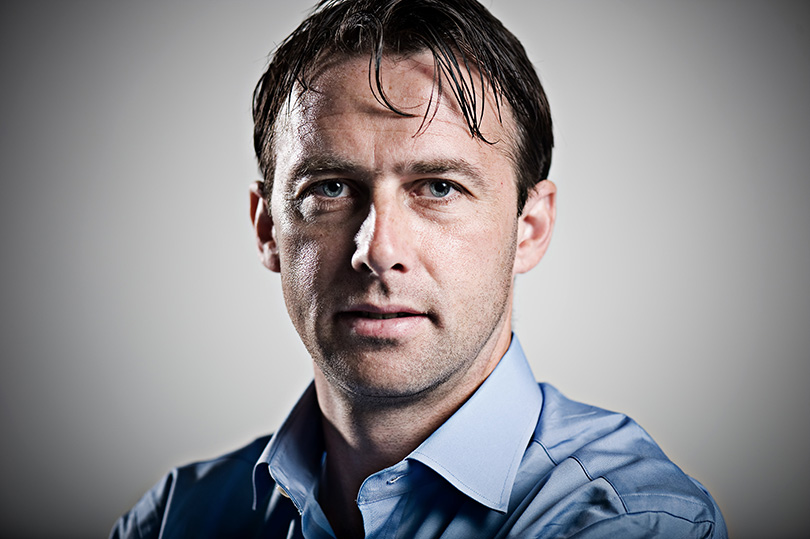
No Premier League outfit spent more than Palace in January 2017, with Jeff Schlupp, Luka Milivojevic and Patrick van Aanholt – plus Sakho on loan – signed to help drag Allardyce’s men out of trouble.
Parish was openly reluctant to sanction another sizeable spending spree in the summer, which would have been an understandable stance to take had he chosen a manager who would be willing and able to adapt his approach to the players already at his disposal. Instead, De Boer was placed in an unenviable situation: tasked with overhauling the style with a set of players who, for the most part, are used to a very different form of football.
The absence of joined-up thinking is clear.
The hiring of Dougie Freedman – a former Palace player and manager – as sporting director seemed to undermine De Boer further
Ill-timed
It’s a shame, too, that the axe has fallen after a thoroughly acceptable performance at Turf Moor. Palace were the better team for the vast majority of their meeting with Burnley, undone only by profligate finishing and a catastrophic backpass from Lee Chung-yong – factors which De Boer, for all his apparent faults, cannot control.
That it was Lee who made the game-deciding mistake felt particularly symbolic of the club’s failure to adequately refresh their squad in recent seasons; the South Korean has done barely anything of note in his two-and-a-half years in south London, yet remains the first-choice back-up in attacking areas and was the only real option to replace the injured Wilfried Zaha on Sunday.
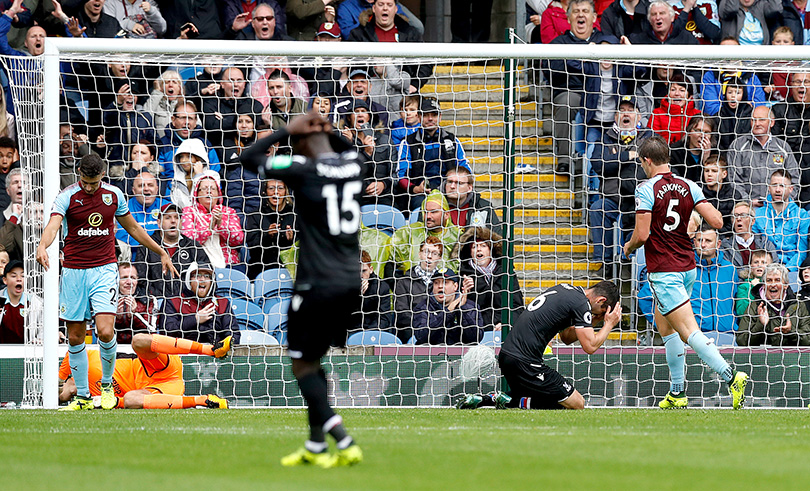
The imminent appointment of a 70-year-old Roy Hodgson marks an emphatic abandonment of this short-lived shift in direction – though it does make sense to act quickly and decisively once you realise a major mistake has been made.
There is, however, no denying that this has been another sorry episode for a club that seems chronically unable to keep hold of a manager – judged even by the trigger-happy, transient standards of the modern-day Premier League.
“If Frank fails it is my failure too,” Parish admitted back in June.
De Boer wasn’t even given enough of a chance to do that.
Now try these...
LIST 12 managerial reigns that make Frank de Boer's four league games at Palace look lengthy
GAMING PES 2018 review: FIFA’s big rival impresses thanks to retooled dribbling and rebalanced pace
Greg Lea is a freelance football journalist who's filled in wherever FourFourTwo needs him since 2014. He became a Crystal Palace fan after watching a 1-0 loss to Port Vale in 1998, and once got on the scoresheet in a primary school game against Wilfried Zaha's Whitehorse Manor (an own goal in an 8-0 defeat).

